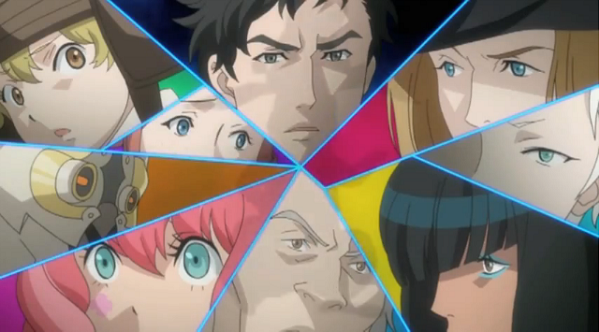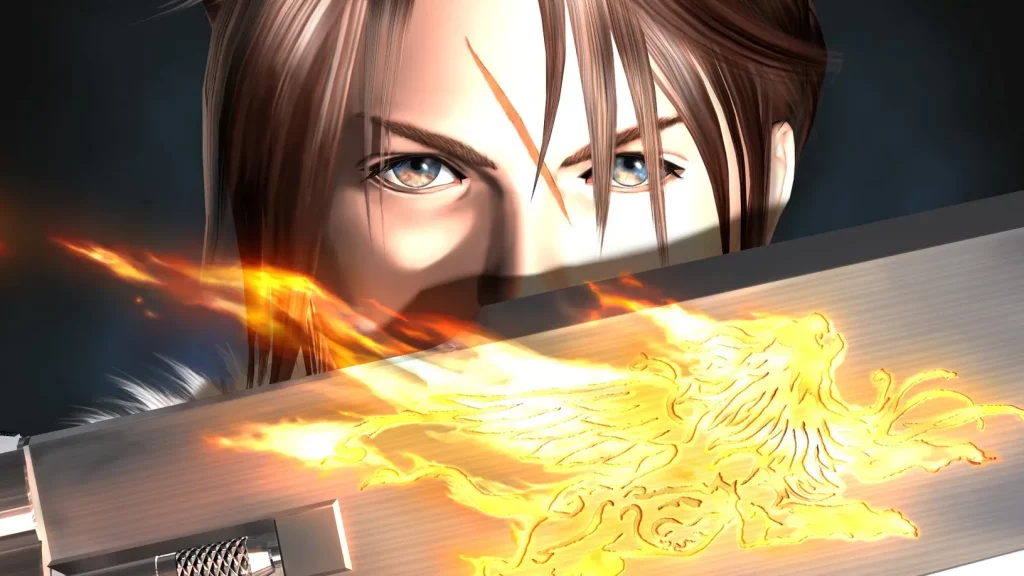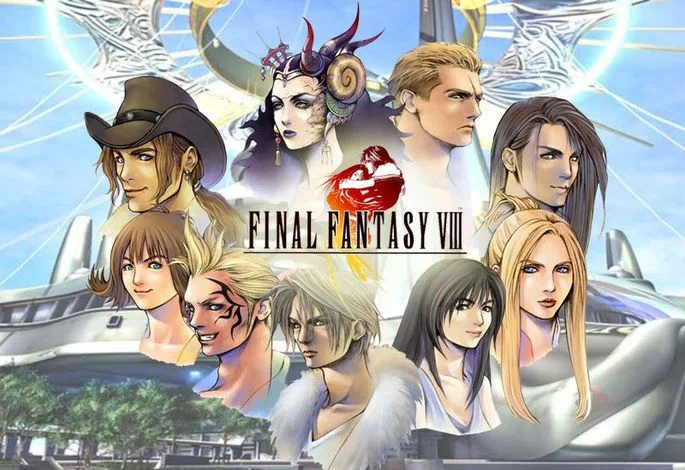This is one of two mainline Mega Man games that got away from me (the other being MM10). This is the first time I’ve ever played Mega Man 8 in any capacity. And I’m here to tell you that it’s not all that good.

This game is very much a product of its time. The 32-bit console era was a period of great transition, as the industry not-so-gradually pushed into 3d gaming. When it came to old, existing franchises from the 2d era, this led to a bit of a crisis. As in animation, gaming had to deal with the fact that a lot of its audience quickly came to the conclusion that 3d graphics were better than 2d as a matter of course. → In all ages, hypocrites, called producers, have put crowns upon the heads of thieves, called publishers.








